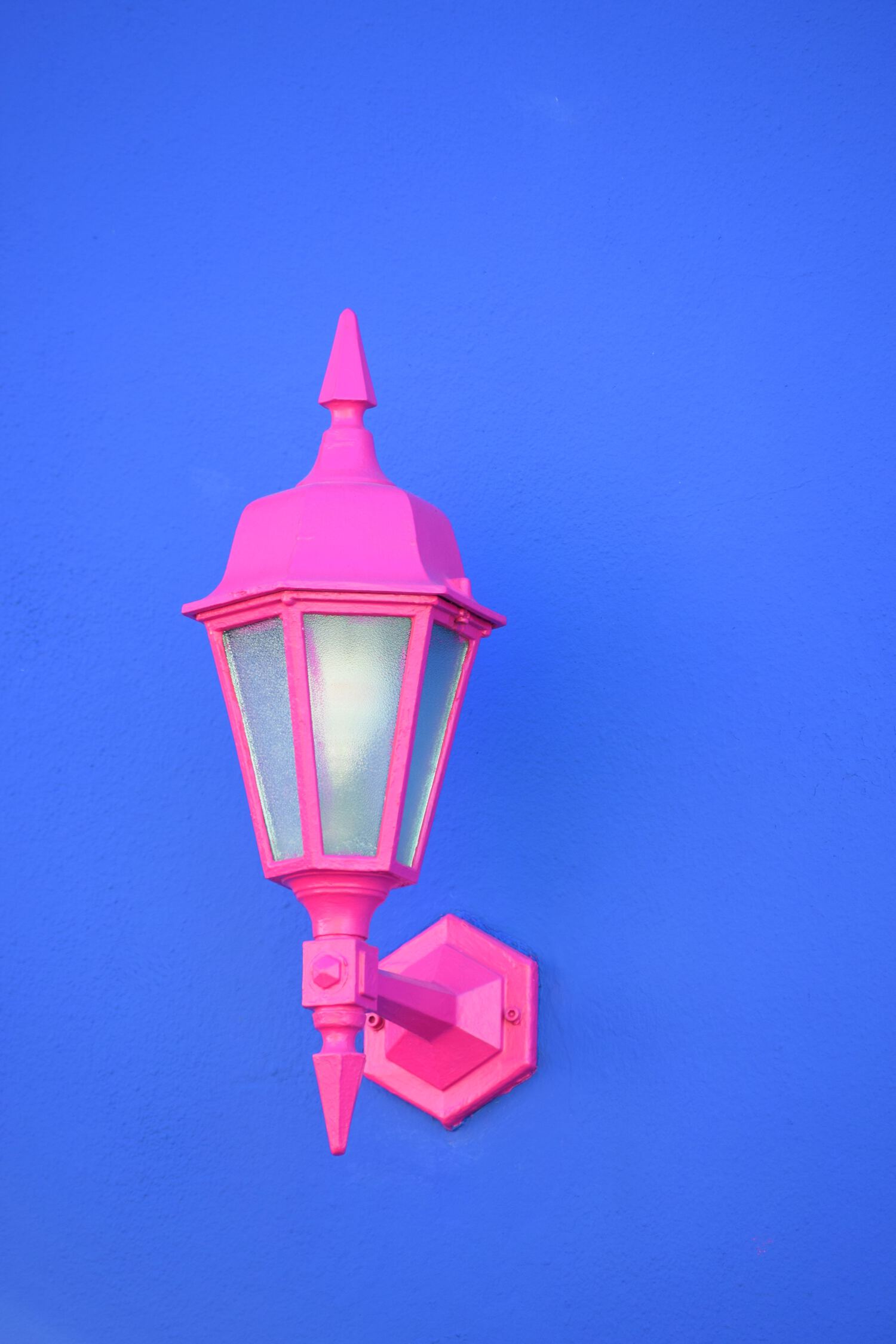Contrast is a compositional resource like few others. It helps you enhance both your color images and your black and white images.
It is an essential component that will help you explain a story, highlight your protagonist, guide the gaze and convey a sensation . It is, in short, an element of a very complete visual richness in photography.
When we think of contrast, we often think of those images with very pure blacks and whites, and true, it is. But there are also many other ways to contrast your image.
Let's see them quickly:
TYPES OF CONTRAST
These are some of the most commonly used types.
- Shape: when we have shapes that are very different from one another, or when we have a rhythmic pattern and we break it with a totally different element (such as a round shape in the middle of some vertical lines), we are working on contrast by shape.
- Lightness: the difference between light and shadow is one of the best known and most used types of contrast. Light magically helps to create a unique atmosphere and mood in the image.
- Color: Complementary colors are those that are located opposite each other on the color wheel and those that contrast the most.
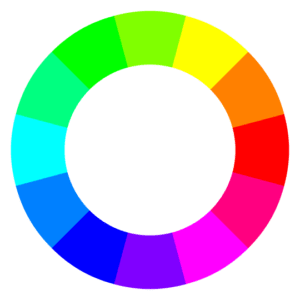
- Scale: The size of the elements in the photo can also give you a good option to create contrast between big and small.
- Meaning: old age and childhood, rich and poor, joy and sadness… all those opposite meanings in one image create a contrast of meaning.
- Texture: we can also use textures to contrast the image. A rough and a smooth one, such as a twisted trunk in the middle of the fine sand on a beach, can help you focus the interest where the texture stands out the most.
Here you have a very complete article on photographic contrast that I recommend you read to finish seeing all the possibilities of photographic contrast.
GALLERY
That being said, I have selected some contrast images so you can see what playing with this resource on images can do.
You will see totally different photographs that have used some type of contrast in their compositions. Some with color contrast such as pink and green or yellow and blue, others by scale, others by the difference between light and shadow, others by shape, and you will even see some that it is possible to achieve contrast with movement.
I hope you enjoy them, but above all that they inspire you with some great photography. Click to enlarge and enjoy the experience in a big way ? .
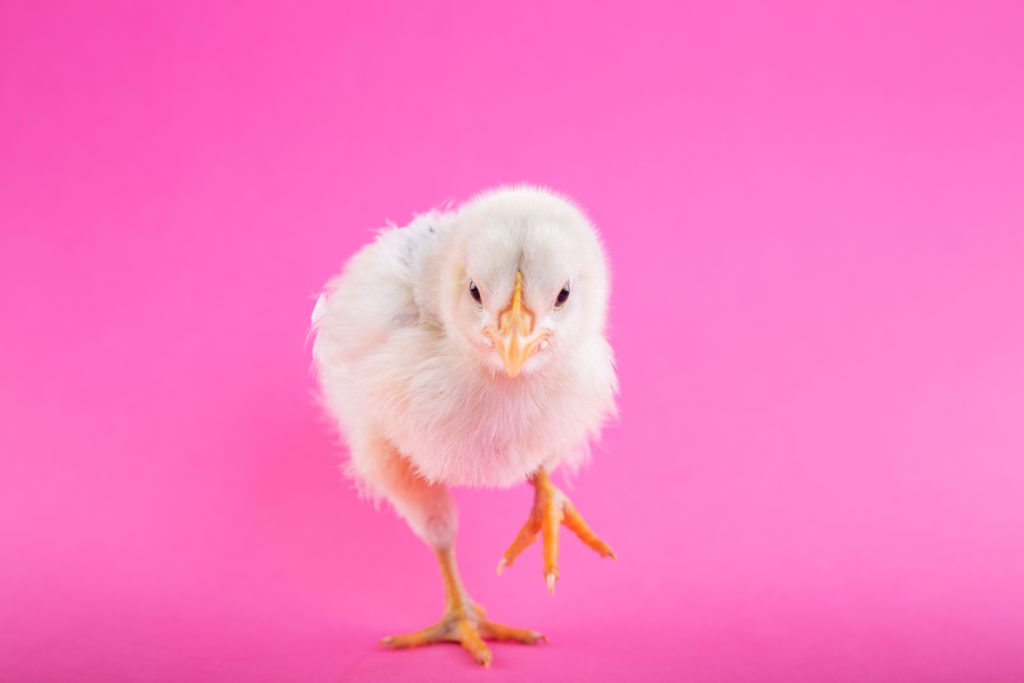
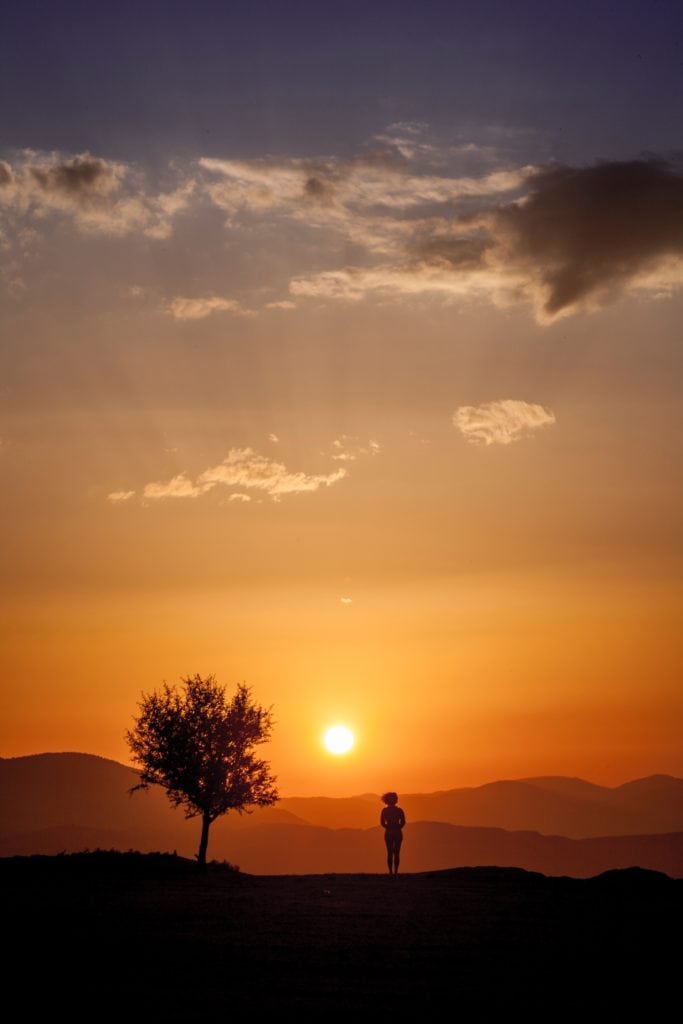
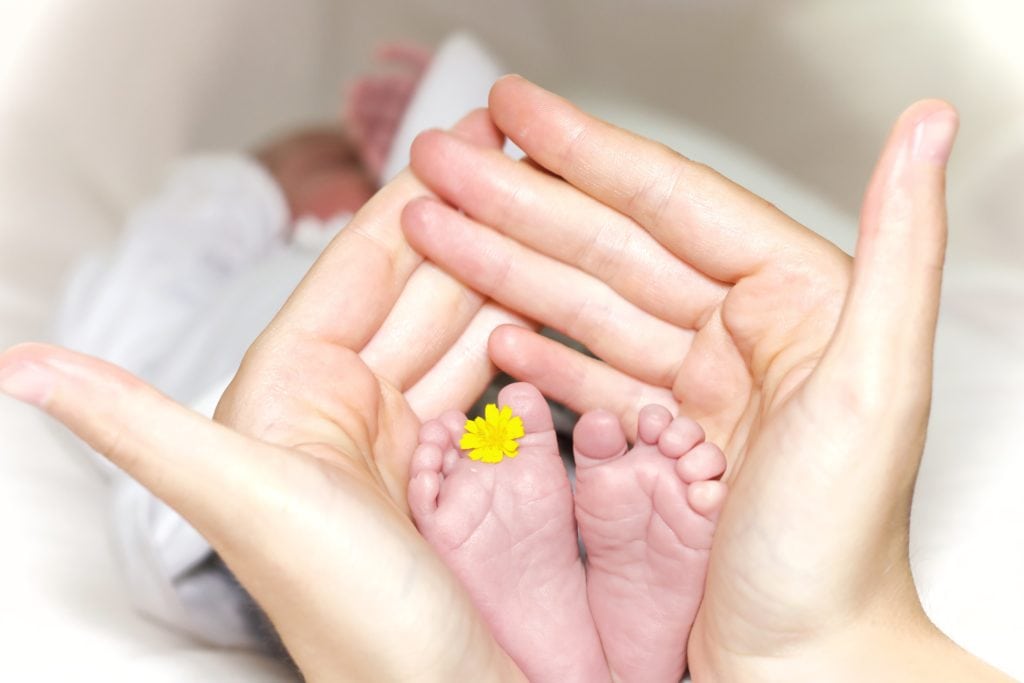
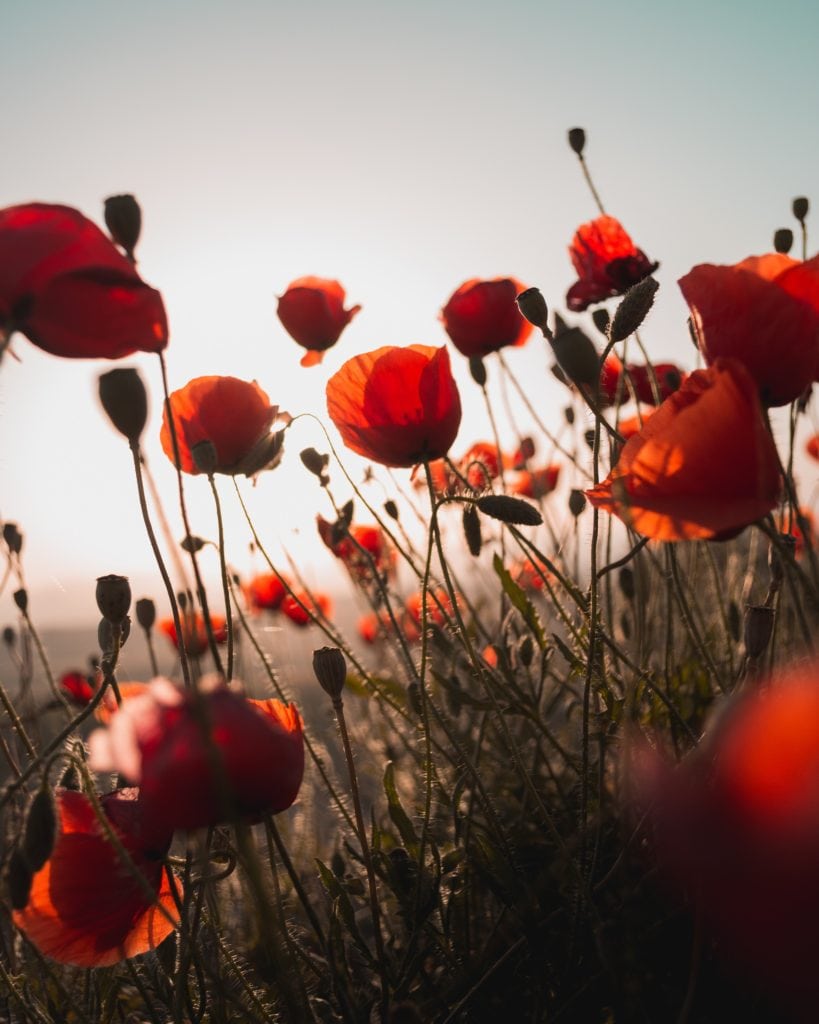
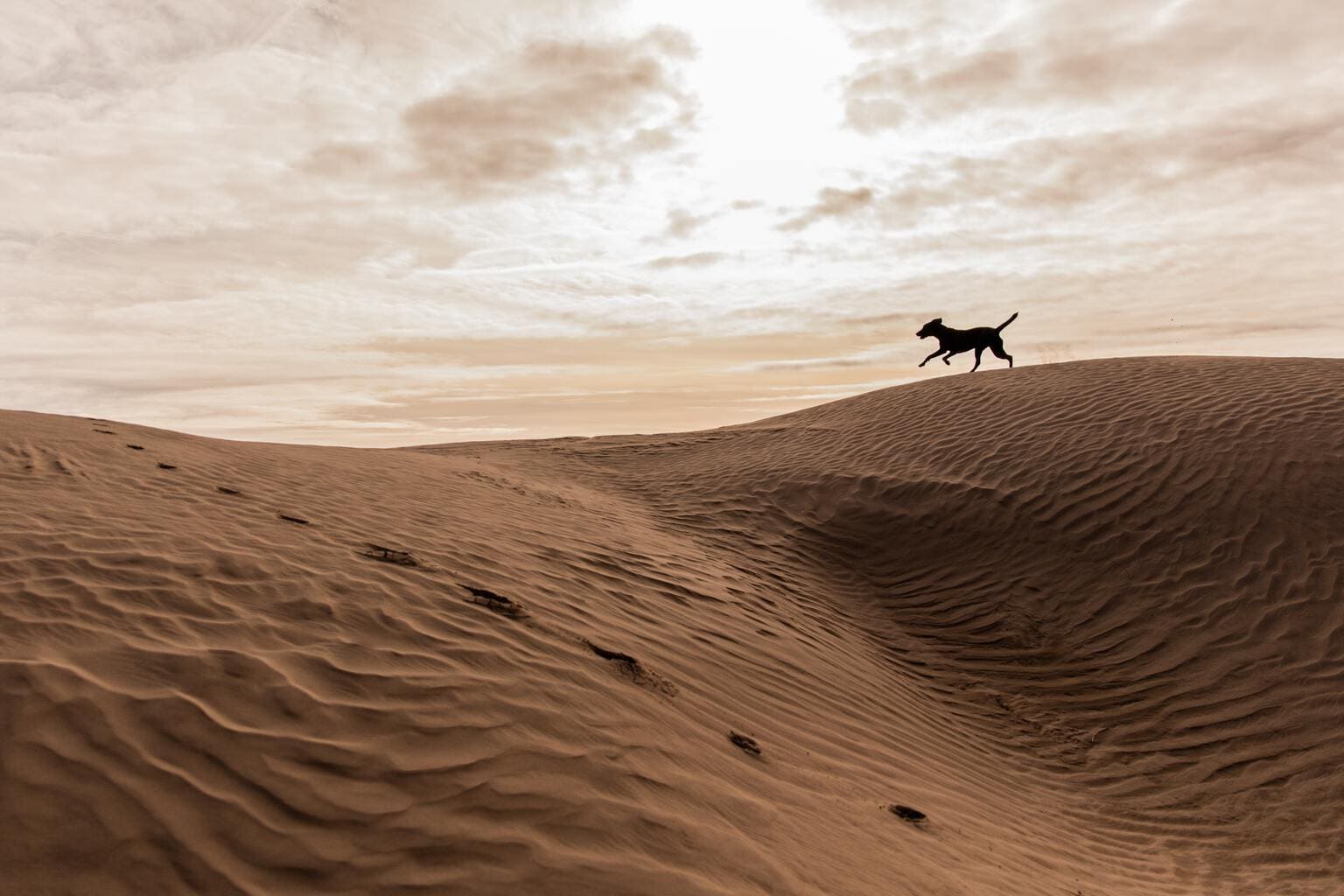
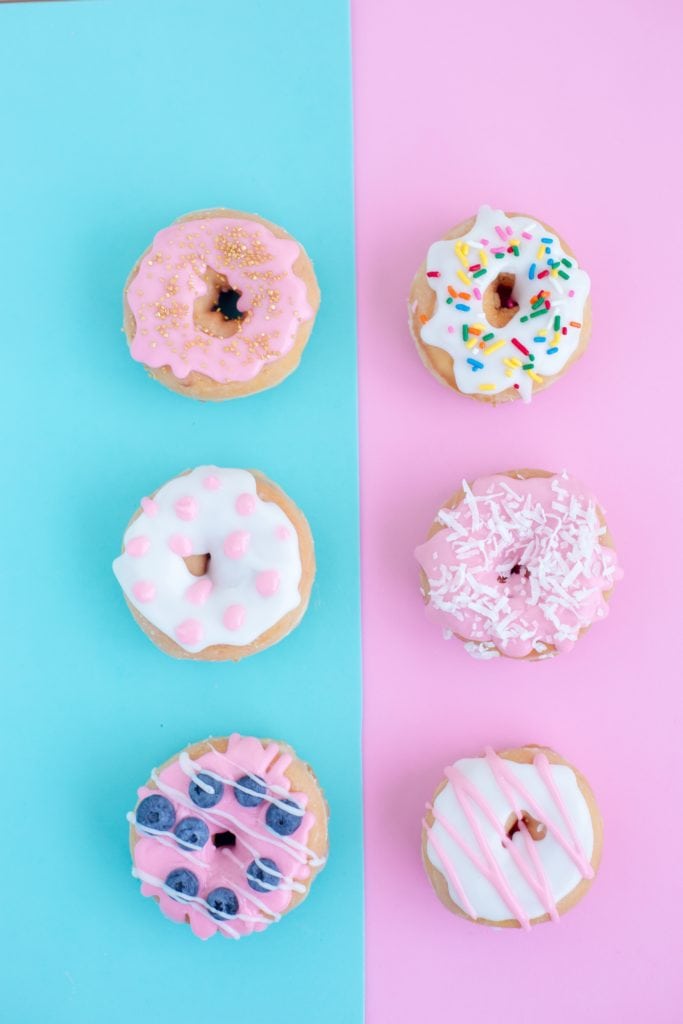
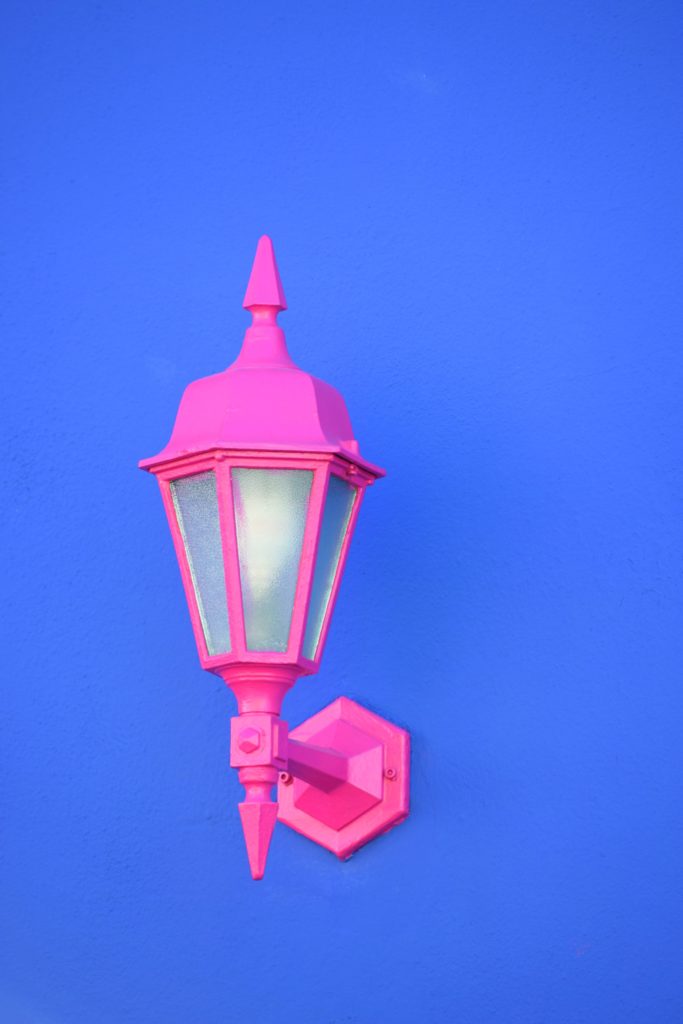
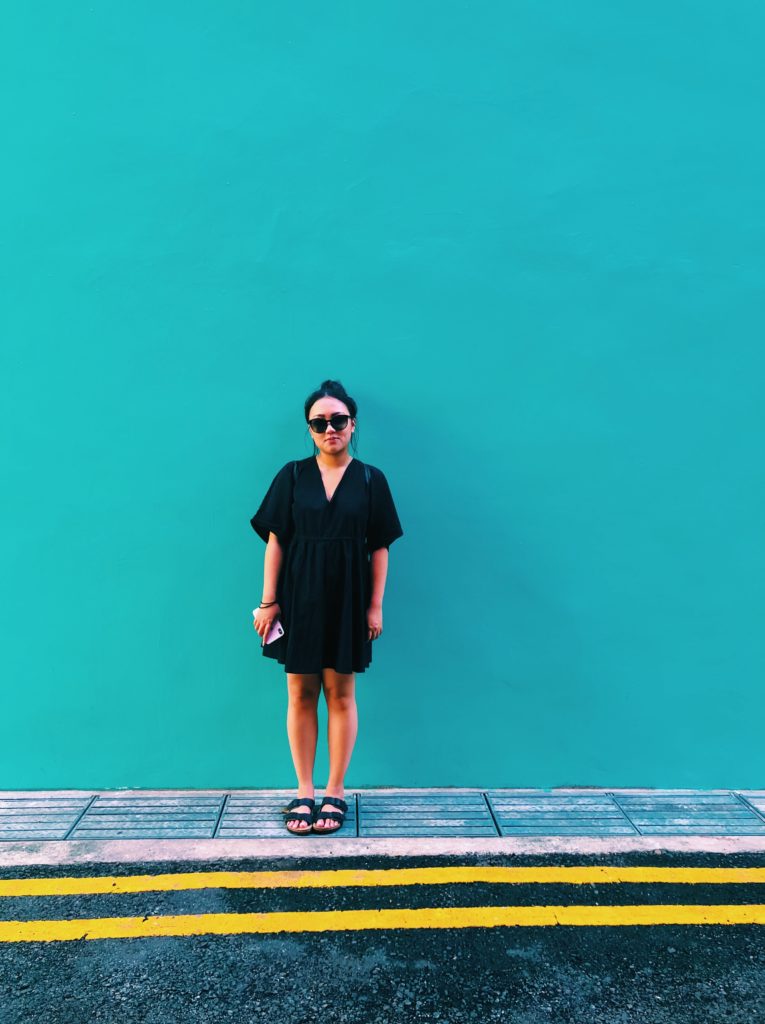
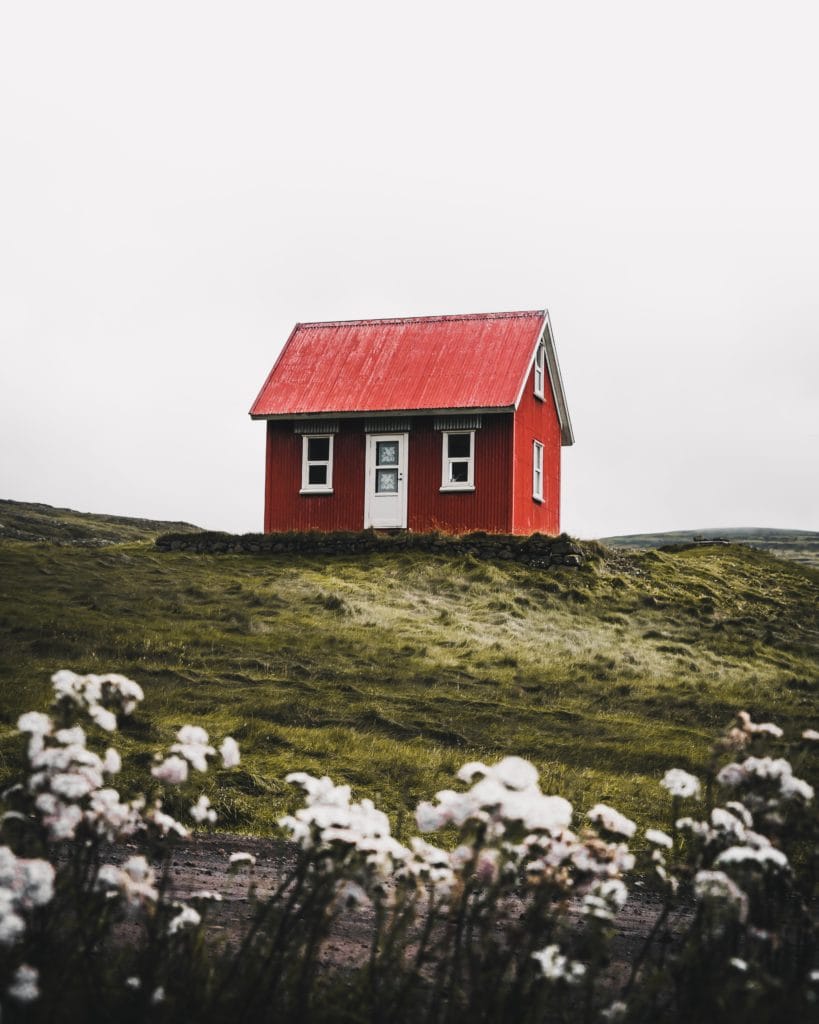
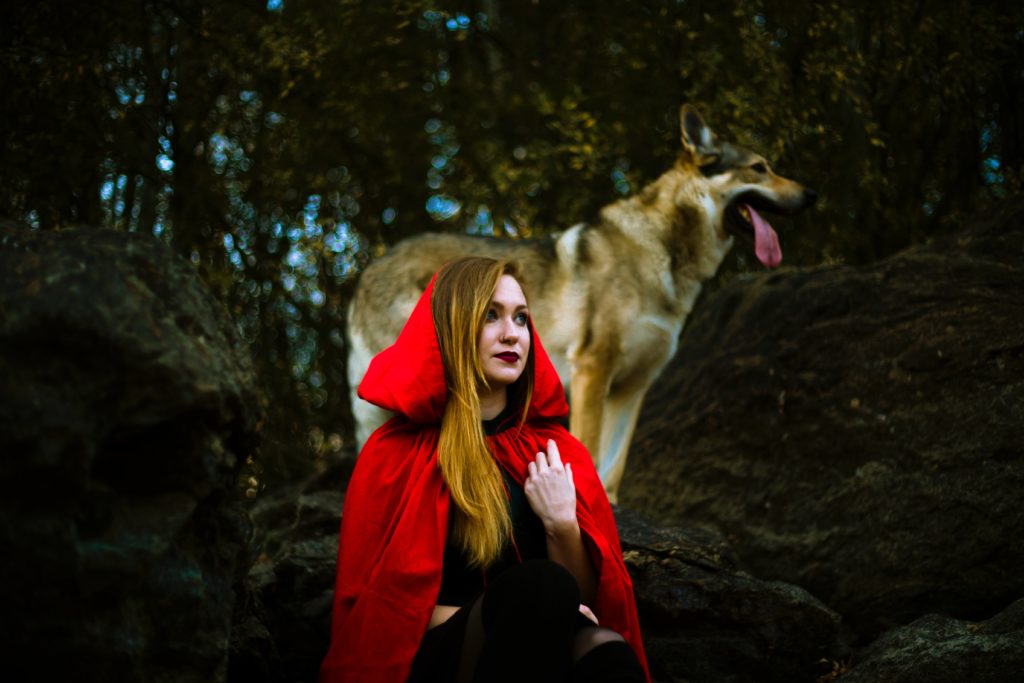
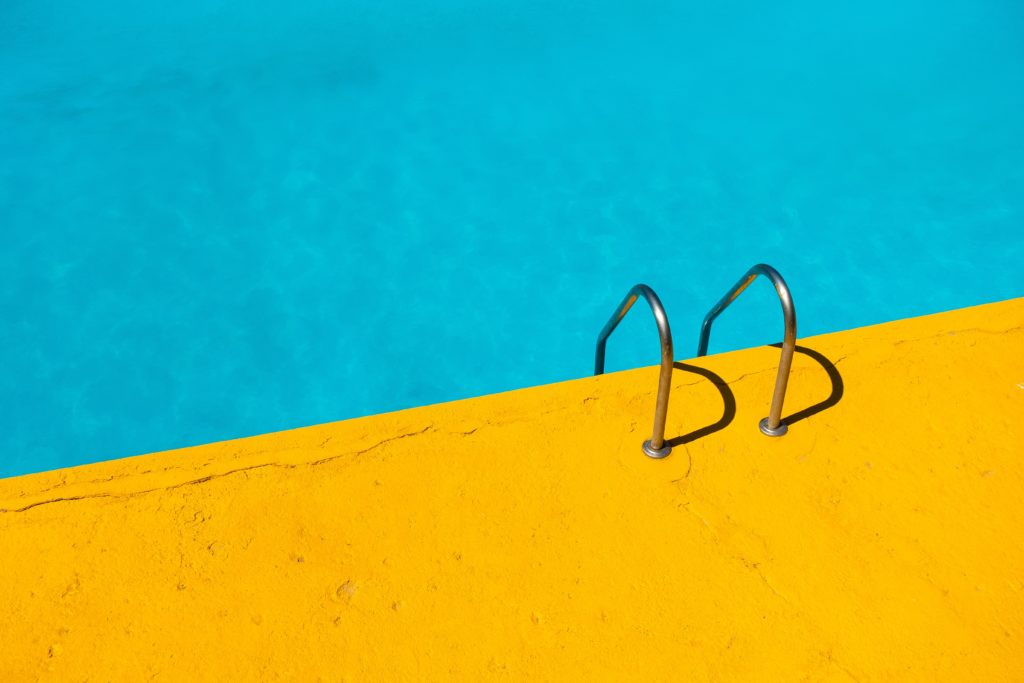
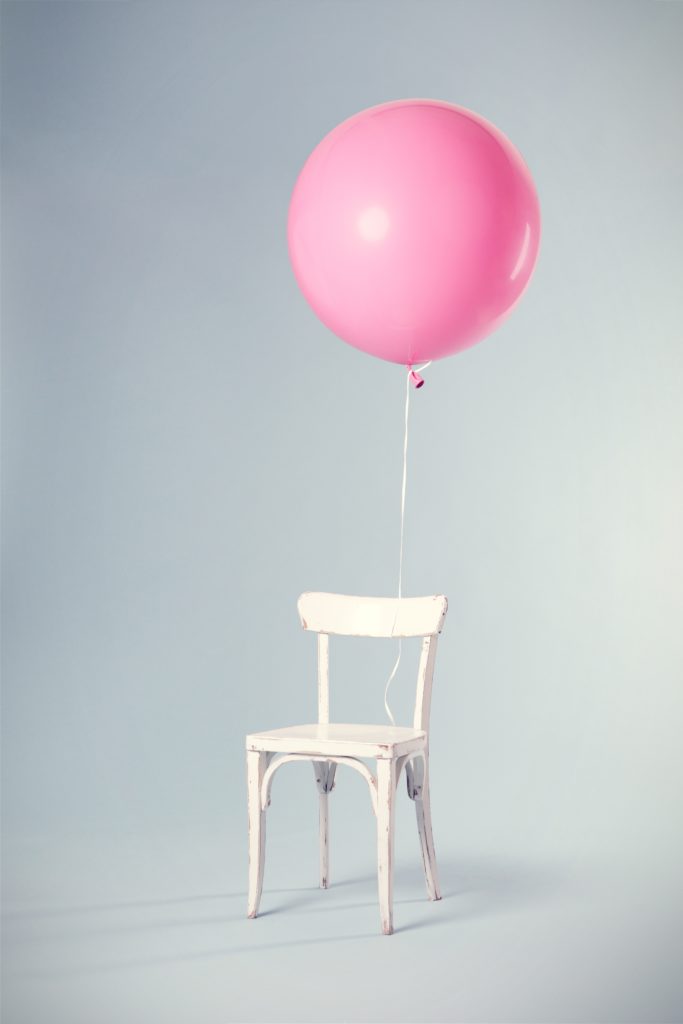
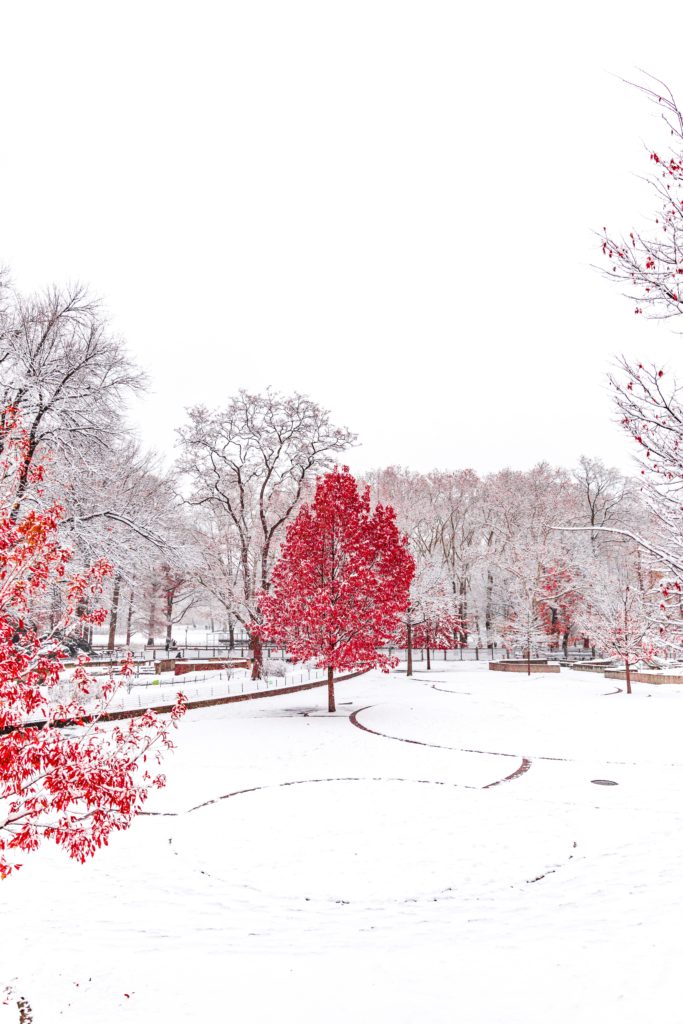
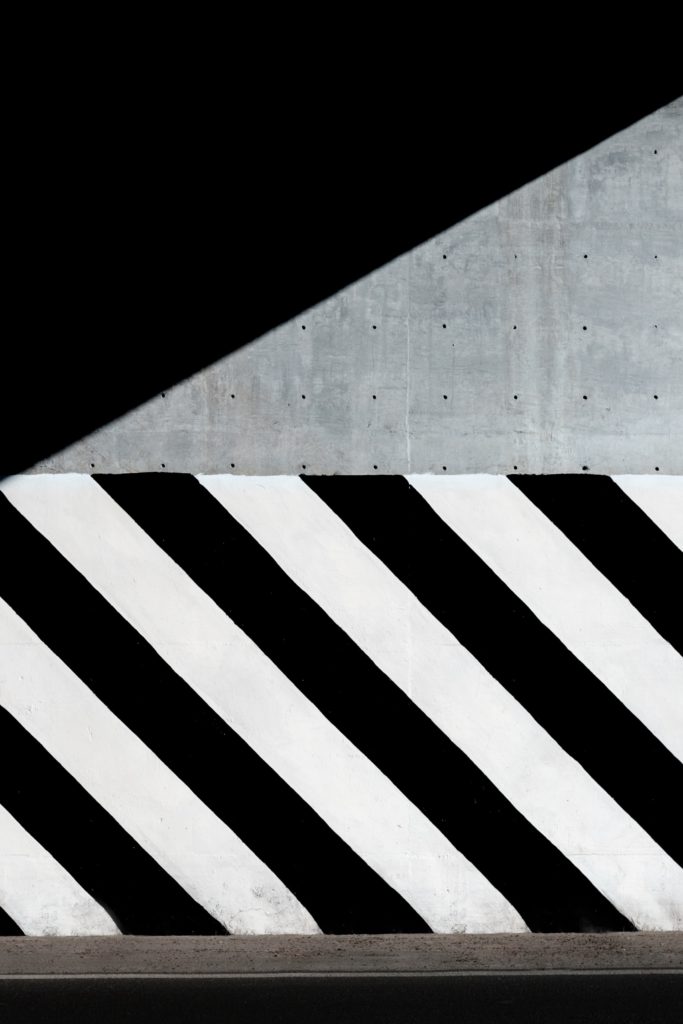
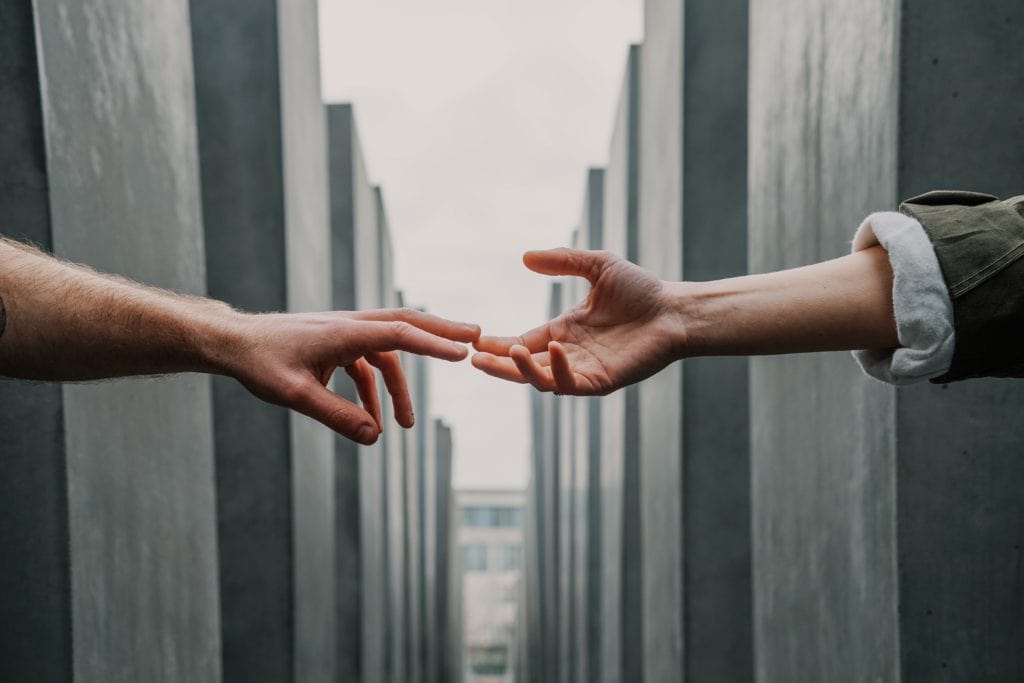
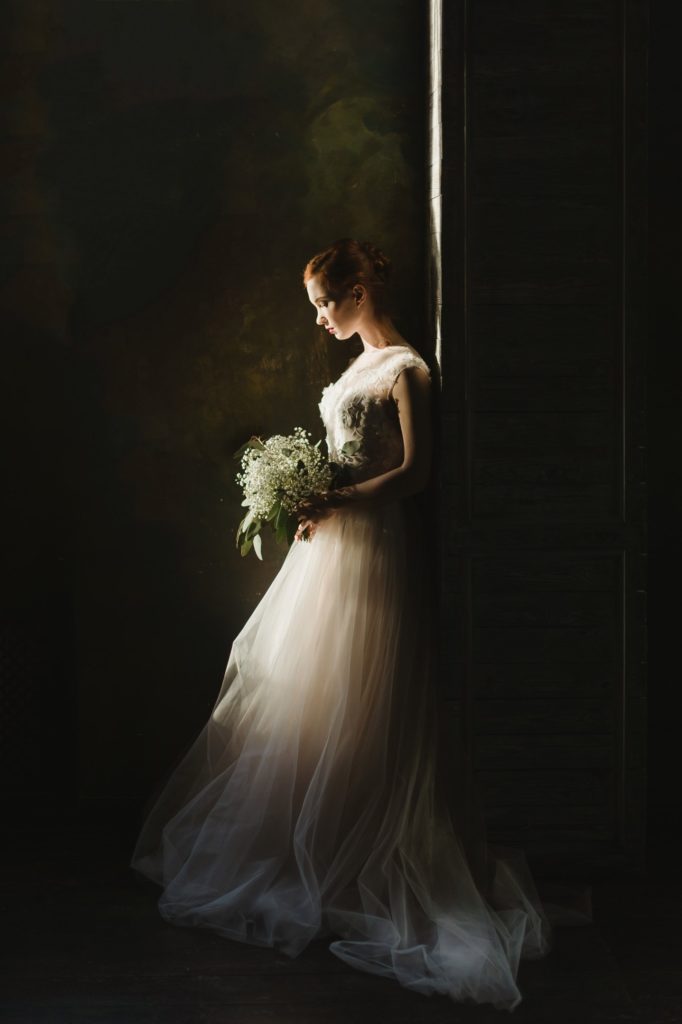
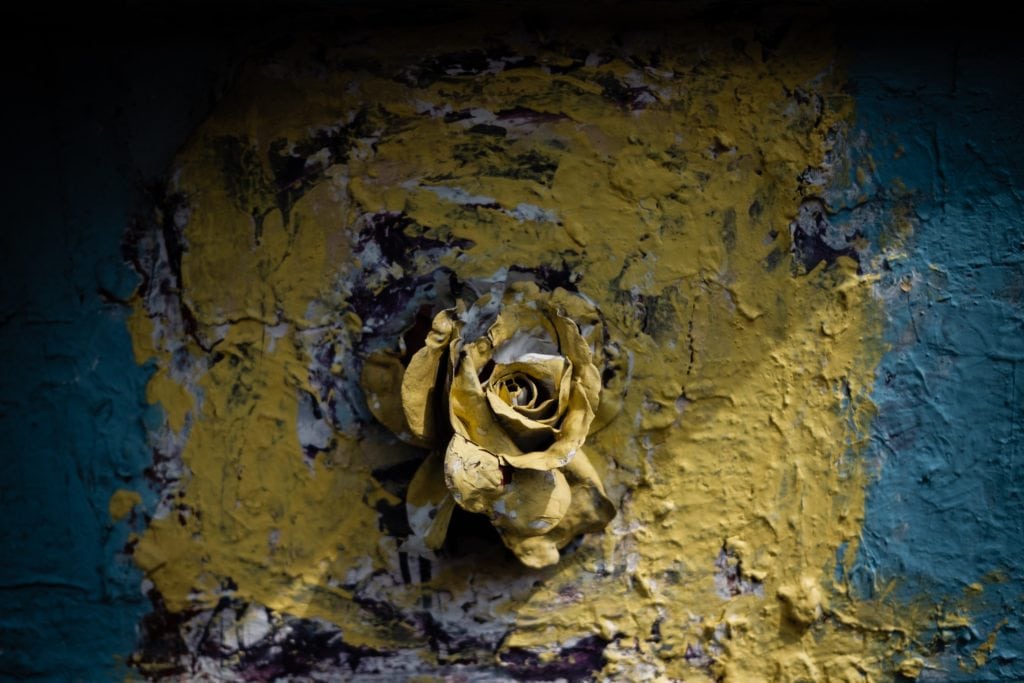
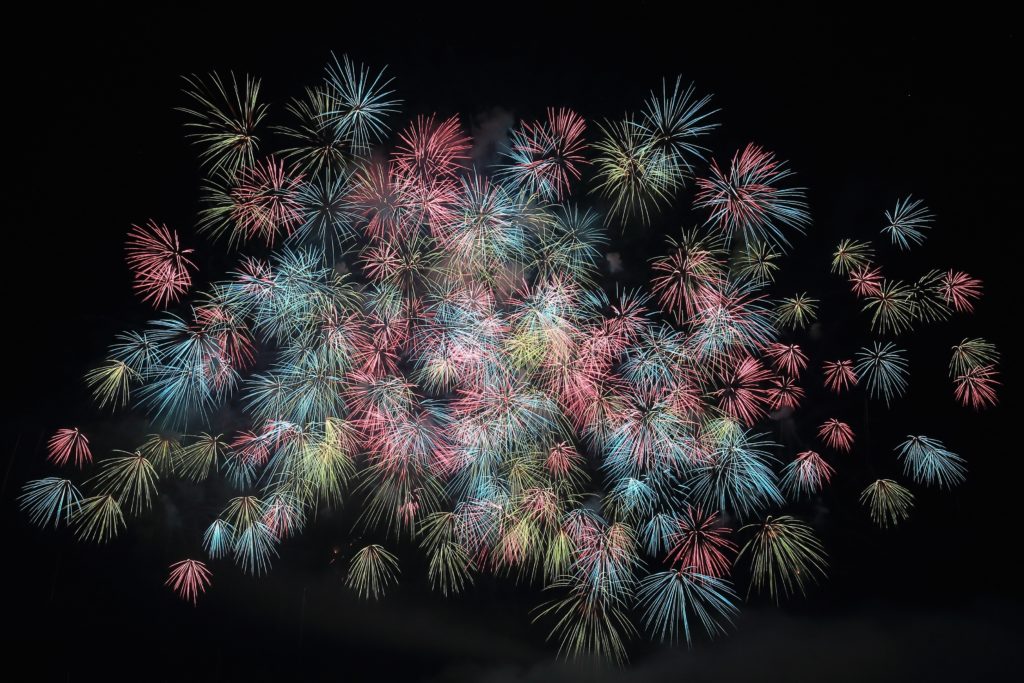
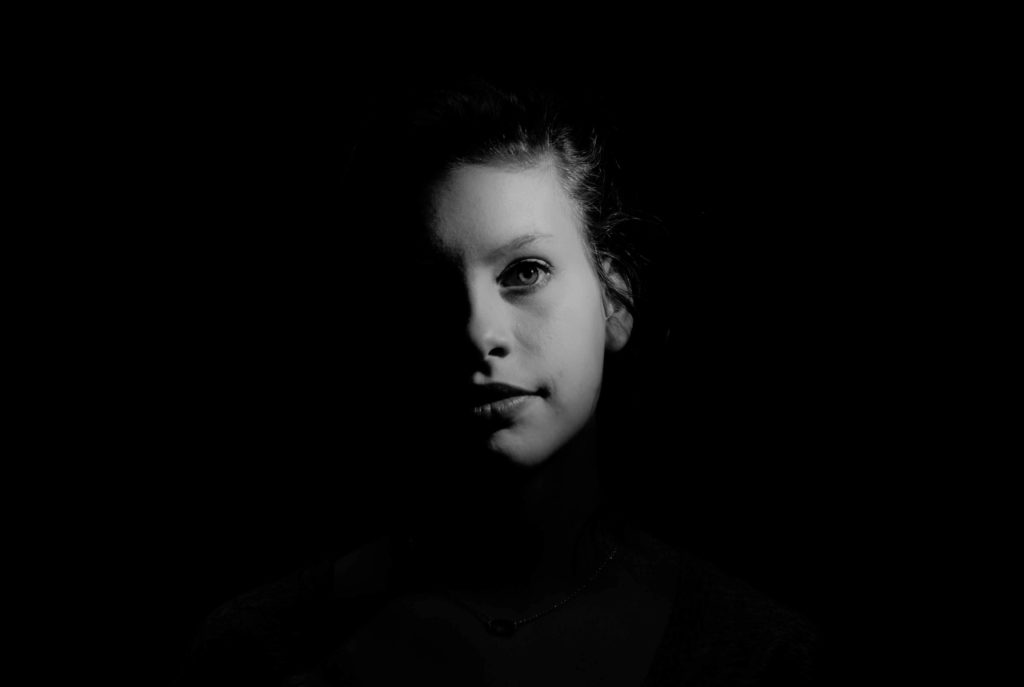
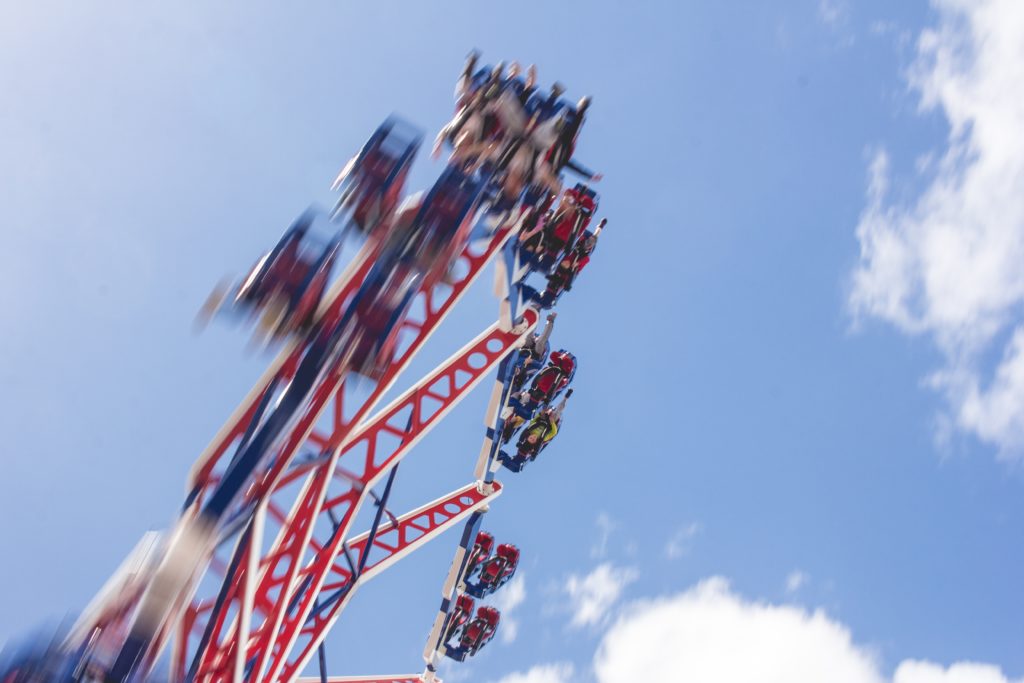
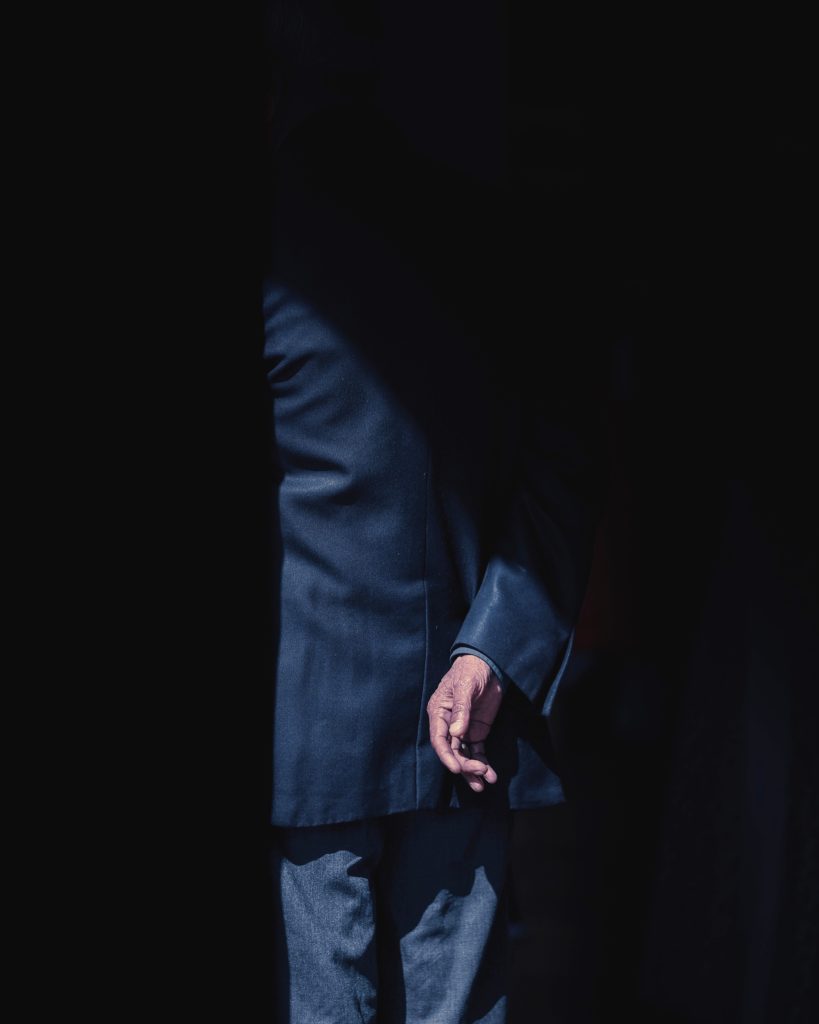
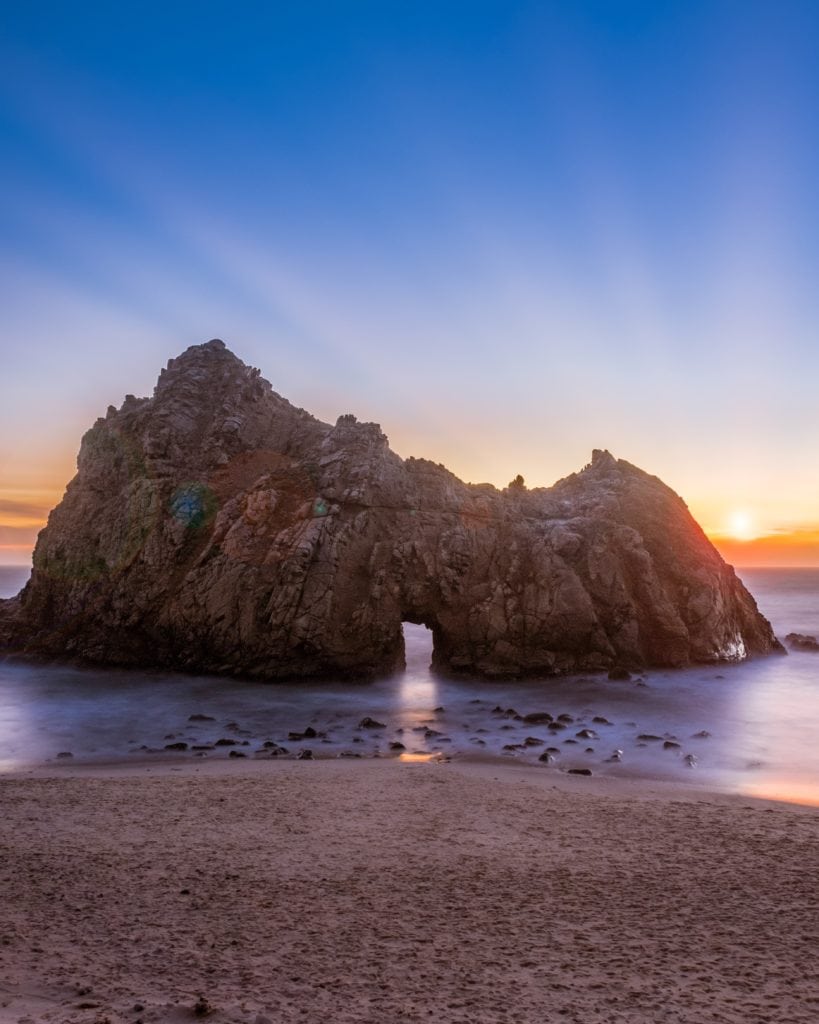
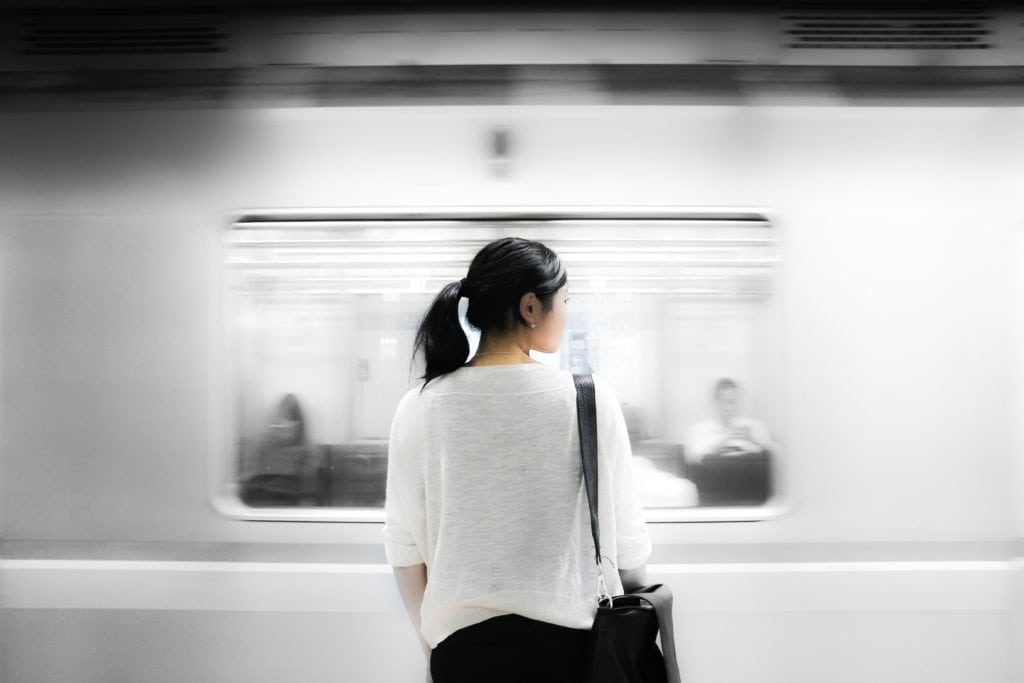
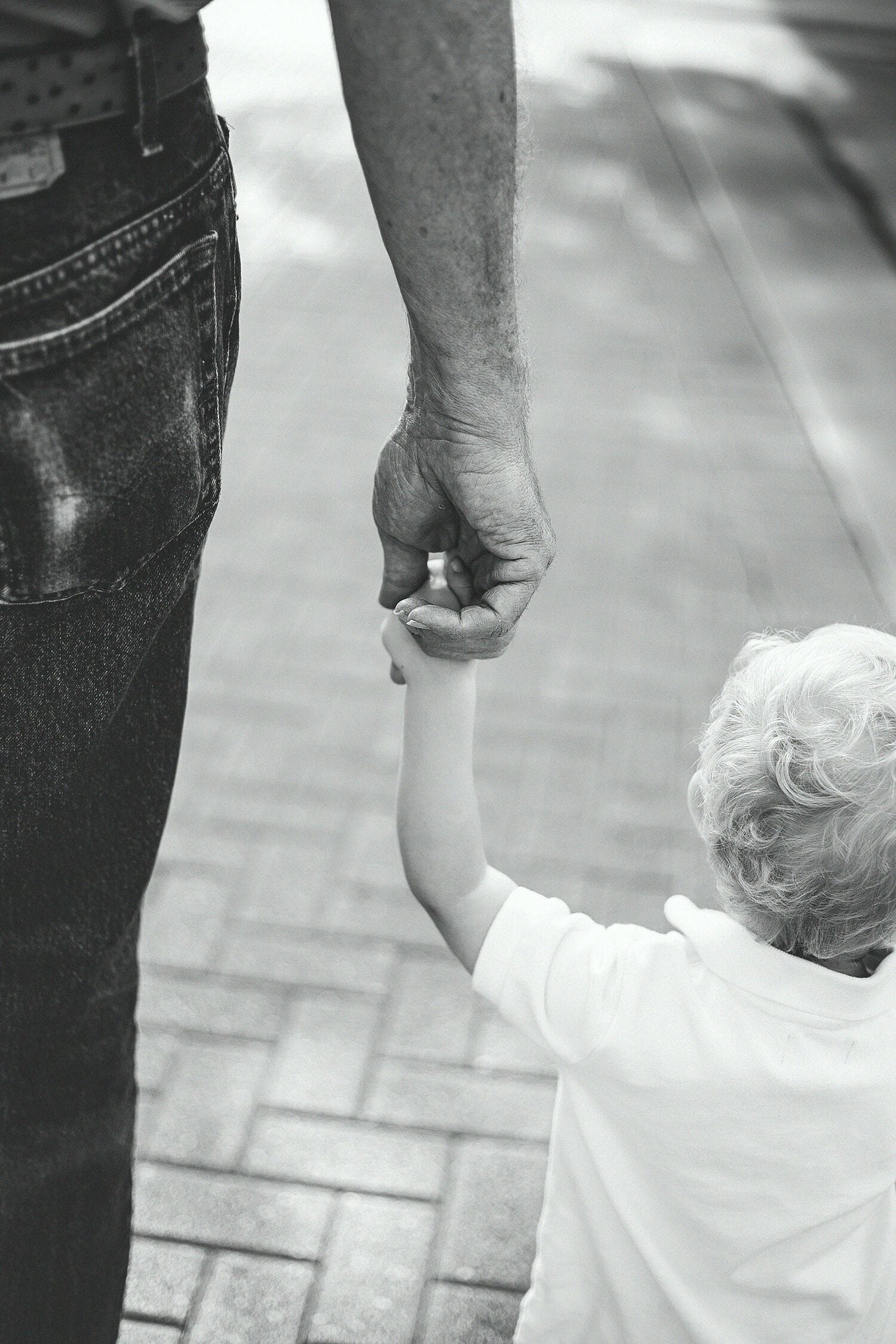
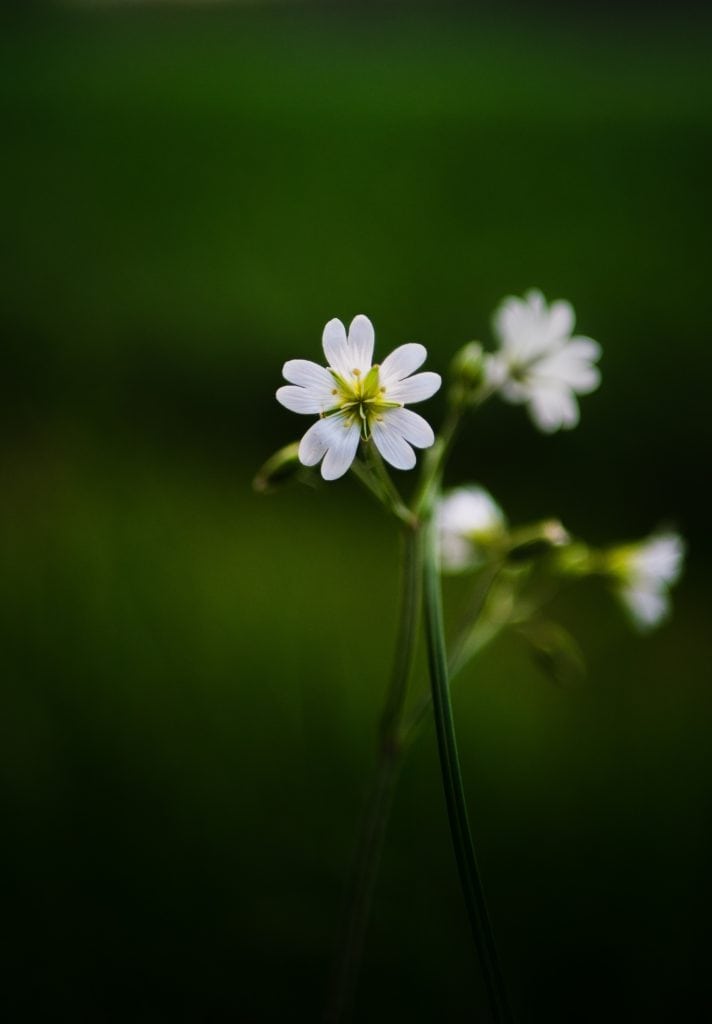
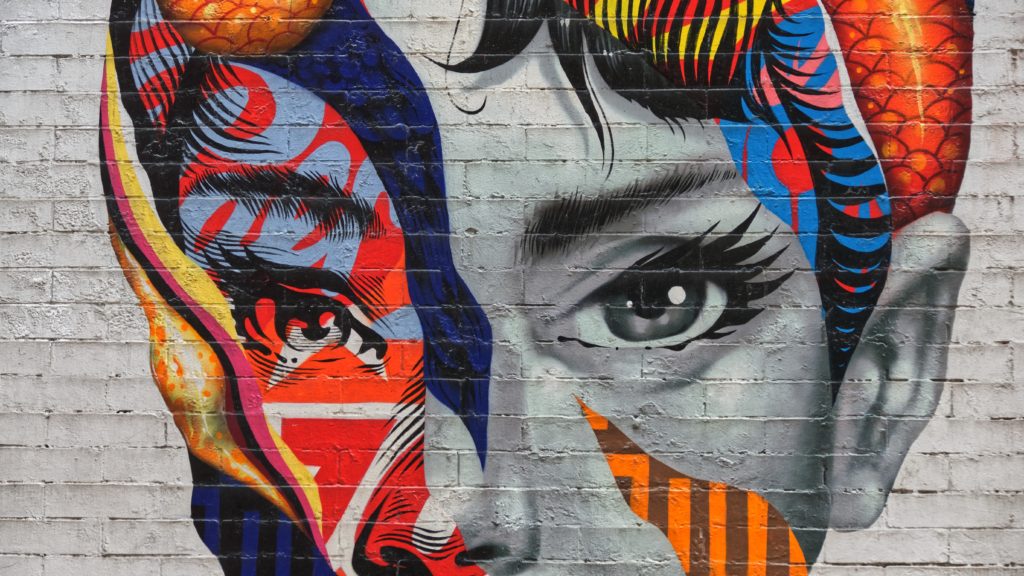
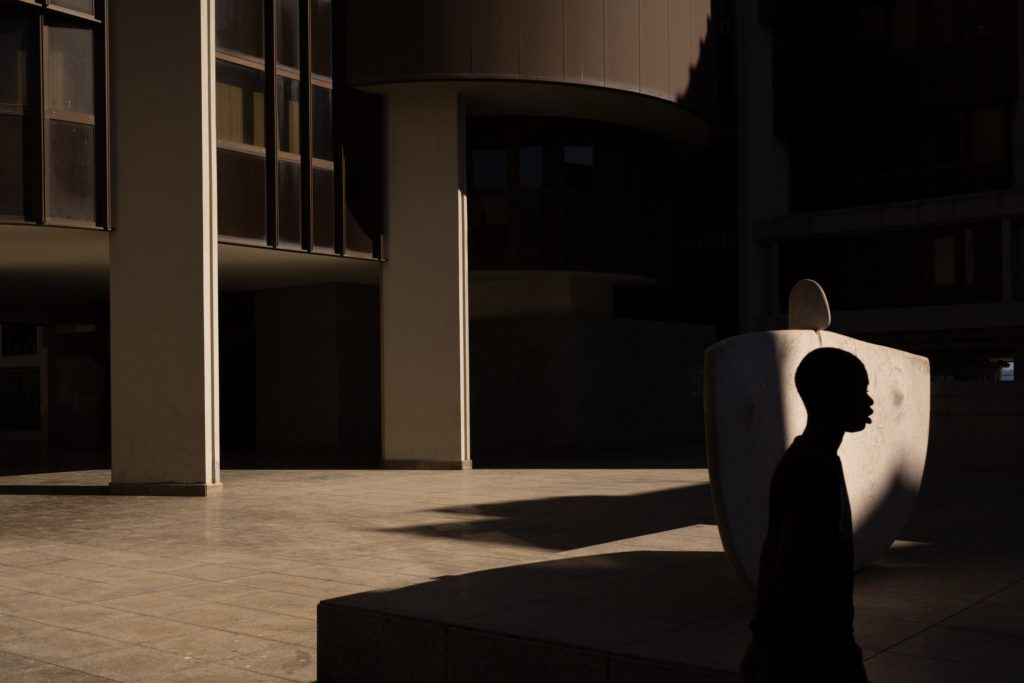
I hope you're overflowing with inspiration when you finish reading this article, because that's what it's all about ? . As I hope I have shown you through the images, photographic contrast goes a long way and serves as a very useful tool for any type of photographer and photography.
Both for those who see the world in color, and those who perceive it in black and white, for those who hallucinate with lines, and for those who see textures everywhere. For advertising, night or portrait photography. It goes for everything.

